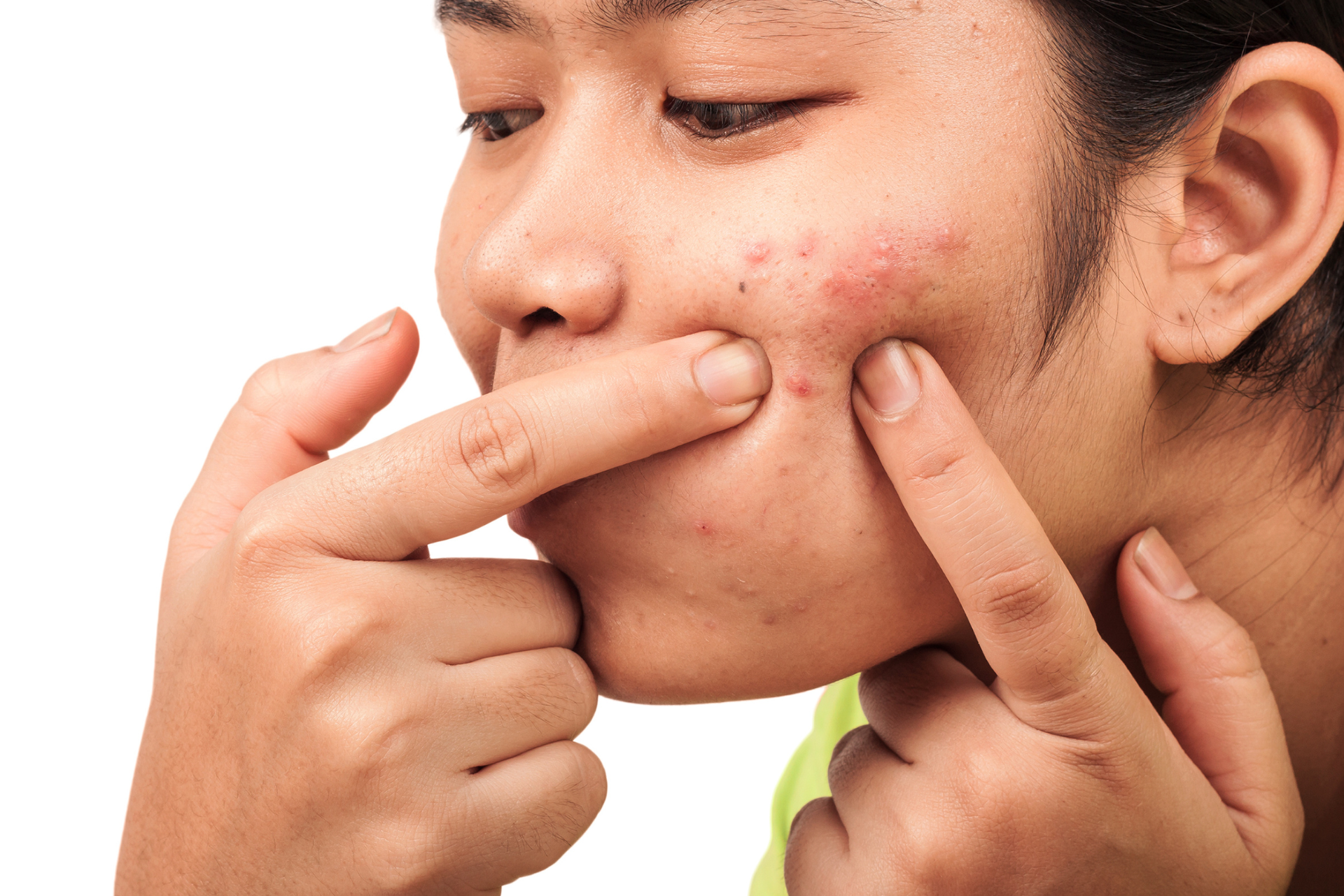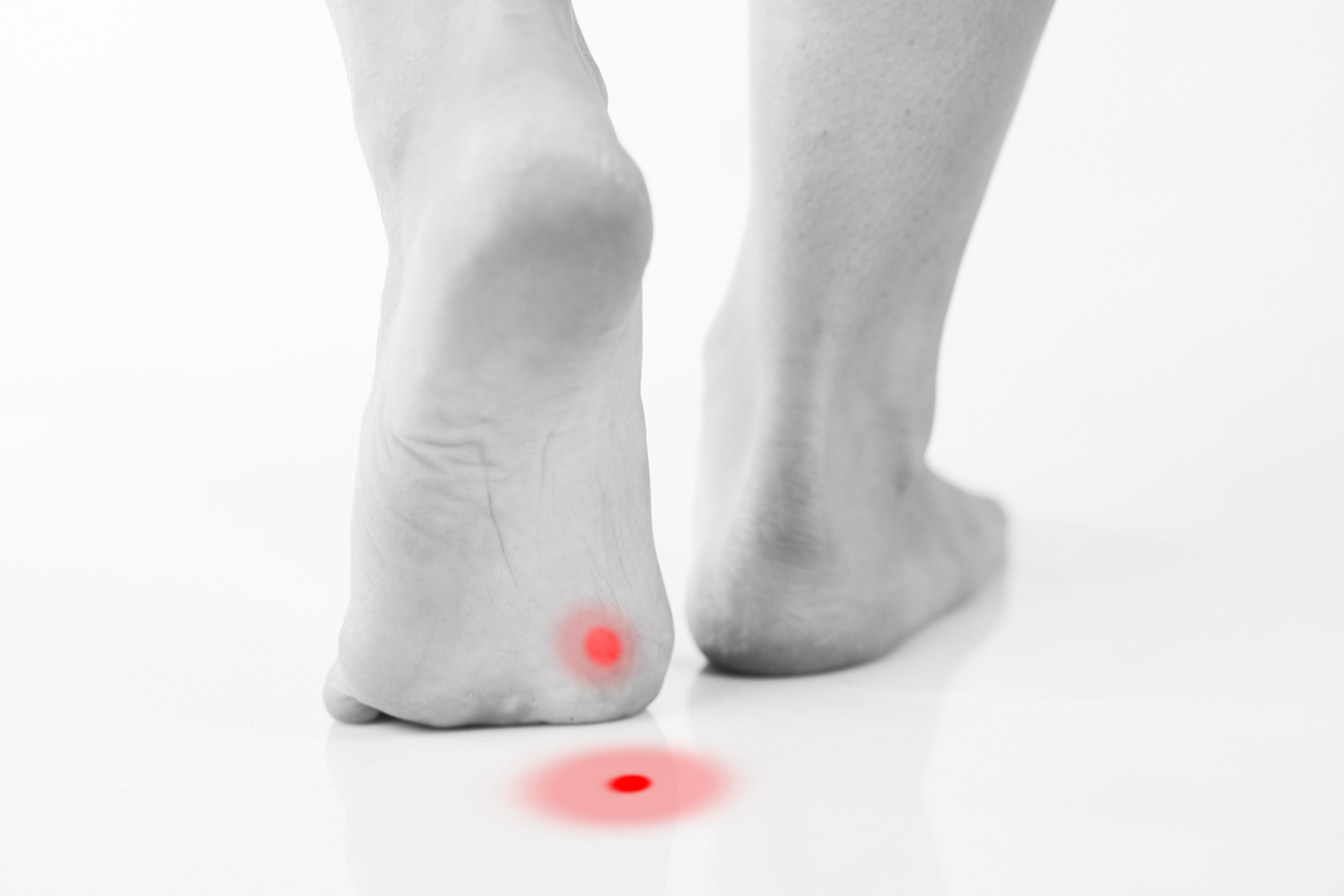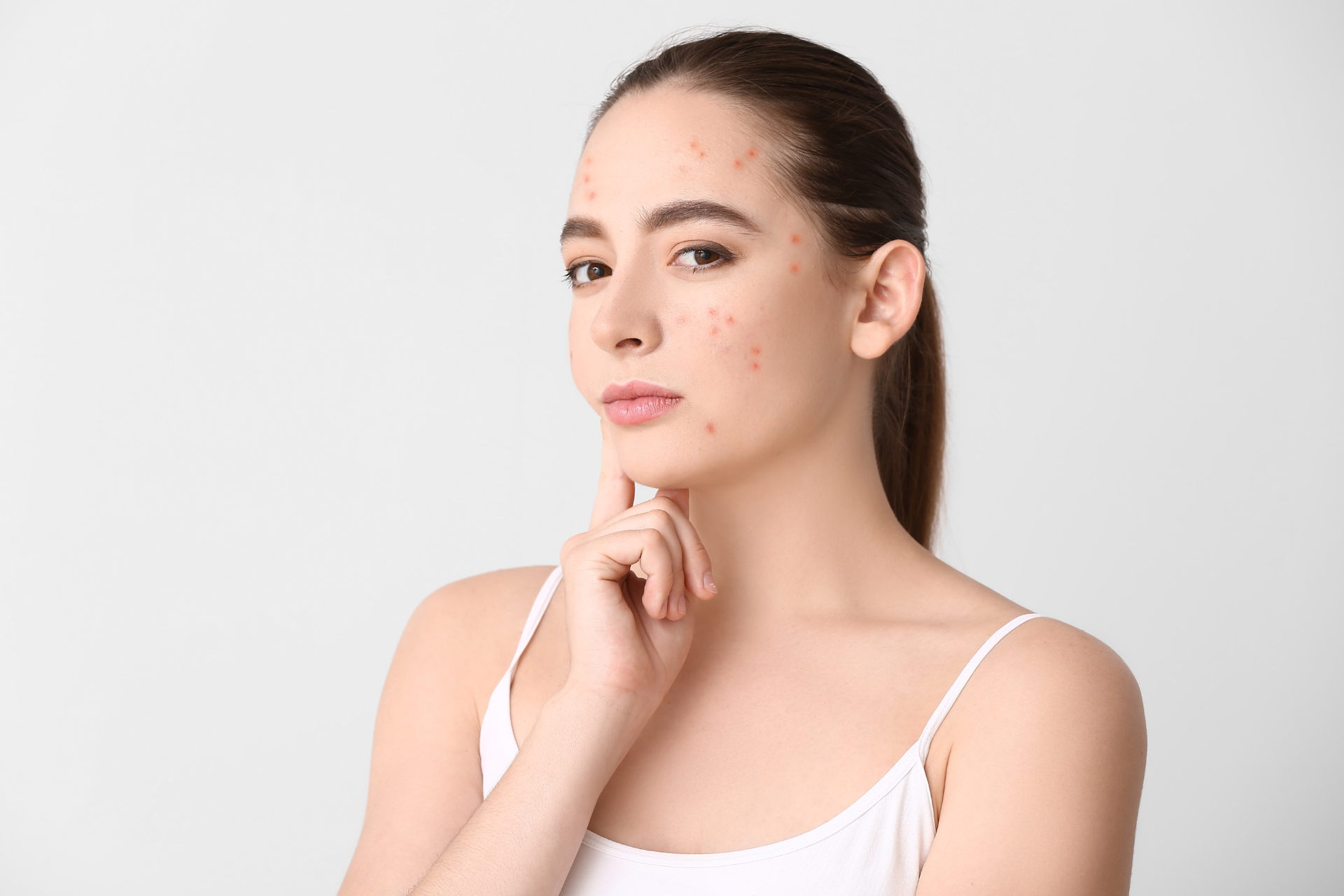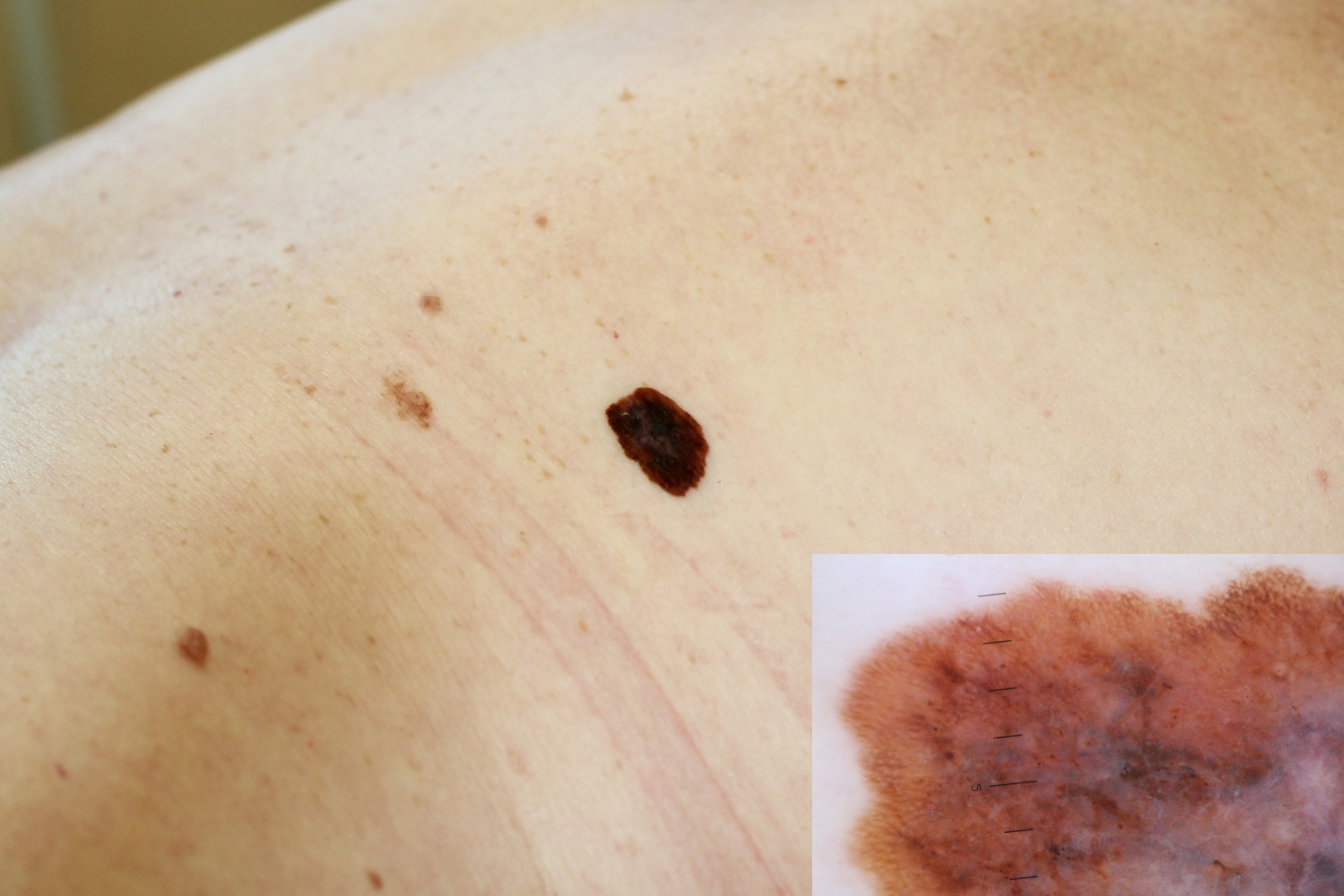How Acne Forms: A Complete Guide to Understanding Breakouts

At Fall Creek Skin and Health Clinic, we recognize that acne can be more than just a skin concern; it can affect your confidence and overall well-being. Understanding how acne forms is the first step toward effective treatment and prevention. In this guide, we will break down the process of acne formation, its causes, and what you can do to combat breakouts.
What is Acne?
Acne is a common skin condition that occurs when hair follicles become clogged with oil, dead skin cells, and bacteria. It typically presents as pimples, blackheads, or cysts and can occur on the face, back, shoulders, and chest. Acne is prevalent among adolescents but can affect individuals of all ages.
How does Acne Form?
1. Excess Sebum Production
The skin contains sebaceous glands that produce sebum, an oily substance that helps keep the skin moisturized. However, hormonal changes, stress, or certain medications can lead to an overproduction of sebum. This excess oil can clog pores, creating an ideal environment for acne to develop.
2. Clogged Pores
Along with sebum, dead skin cells naturally shed from the skin’s surface. When these dead skin cells accumulate, they can mix with the excess oil and clog hair follicles. This blockage prevents the skin from shedding its old cells, leading to the formation of whiteheads or blackheads.
3. Bacteria Growth
Once pores are clogged, a bacterium called Propionibacterium acnes (P. acnes) can thrive. This bacteria is a normal inhabitant of the skin, but when it proliferates in clogged pores, it can trigger inflammation and lead to more severe lesions like pustules and cysts.
4. Inflammation
As the immune system responds to the overgrowth of bacteria, it triggers an inflammatory reaction. This can cause redness, swelling, and pain in the affected area, leading to the classic symptoms of acne.
Common Causes of Acne
While hormonal changes during puberty are a leading cause of acne, several other factors contribute to this skin condition:
- Hormonal Fluctuations
Changes during menstruation, pregnancy, or hormonal therapies can exacerbate acne.
- Diet
Some studies suggest that high-glycemic diets and dairy products may influence acne development.
- Stress
Chronic stress can lead to hormonal shifts that may worsen acne.
- Cosmetic Products
Some skin and hair products may contain comedogenic (pore-clogging) ingredients that can contribute to breakouts.
- Medications
Certain medications, especially those that affect hormones, can facilitate acne formation.
Prevention and Treatment
At Fall Creek Skin and Health Clinic, we believe in personalized treatment plans that address both the symptoms and causes of acne. Here are a few general tips to help prevent breakouts:
- Keep skin clean by washing with a gentle cleanser twice daily.
- Avoid heavy makeup and choose non-comedogenic products.
- Maintain a balanced diet rich in fruits, vegetables, and whole grains.
- Manage stress through relaxation techniques and regular exercise.
If you are struggling with persistent acne or looking for professional advice, we encourage you to contact us. Our qualified team at Fall Creek Skin and Health Clinic is here to provide care tailored to your needs, ensuring you find the best path toward clear and healthy skin. Understanding how acne forms is the first step, and we are here to guide you in overcoming it.




